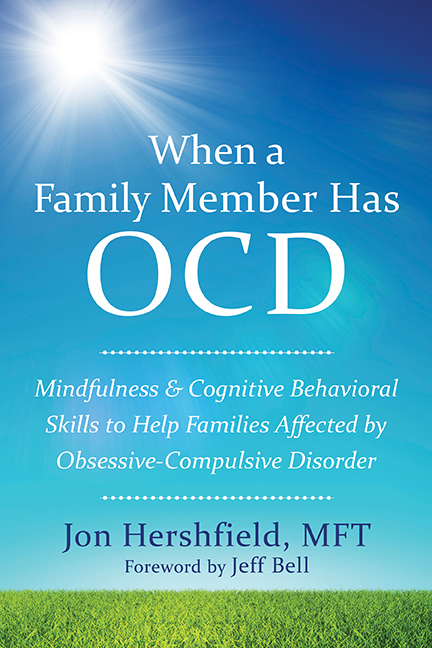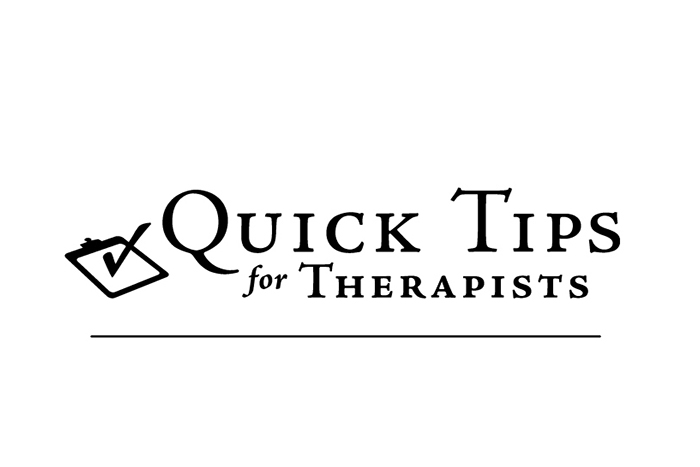By Jon Hershfield, MFT
When treating obsessive-compulsive disorder (OCD), it can be helpful to think systemically. OCD sufferers struggle internally with their unwanted thoughts, but their external behaviors also affect the ones around them—most often family members. Family members can be instrumental in maintaining OCD symptoms by either directly participating in them, or modifying their own behavior to make room for those symptoms.
Ritual accommodation correlates with worse treatment outcomes, and therapeutic gains made in the office can be easily sabotaged at home. Family members often find themselves frustratingly manipulated into repeatedly reassuring, washing, cleaning, avoiding, and other compulsive behaviors to soothe or protect their loved ones with OCD from being triggered or upset. By directly participating in the obsessive-compulsive cycle, family members are actually fueling obsessions, depriving their loved ones with OCD of confidence-building skills, and breeding resentment throughout the whole system. However, family members are often resistant to making these changes for fear of creating conflict or worsening their loved one’s pain.
Clinicians can help get family members on board by considering the following:
- Inquire early on in treatment about family accommodation, and educate all affected members on the role it is playing in maintaining symptoms.
- Encourage family members to empathize with their loved one’s pain, and to take the position that accommodating rituals only contributes to it.
- Work with family members to contract together for strategies that gradually and methodically reduce accommodation.
- Encourage mindfulness practice and other self-care for coping with the experience of watching a loved one manage symptoms without accommodation.
- Discourage the use of criticism and hostility, and focus on collaboration—with sufferer and family member partnering to fight the OCD.
 Jon Hershfield, MFT, is a psychotherapist who specializes in mindfulness-based cognitive behavioral therapy (MBCBT) for obsessive-compulsive disorder (OCD) and related disorders, and is licensed in the states of Maryland and California. He is director of The OCD and Anxiety Center of Greater Baltimore in Hunt Valley, MD, author of When a Family Member Has OCD, and coauthor of The Mindfulness Workbook for OCD. Hershfield is a frequent presenter at the annual conferences of both the International OCD Foundation and the Anxiety and Depression Association of America, and a professional contributor to multiple online support groups for OCD.
Jon Hershfield, MFT, is a psychotherapist who specializes in mindfulness-based cognitive behavioral therapy (MBCBT) for obsessive-compulsive disorder (OCD) and related disorders, and is licensed in the states of Maryland and California. He is director of The OCD and Anxiety Center of Greater Baltimore in Hunt Valley, MD, author of When a Family Member Has OCD, and coauthor of The Mindfulness Workbook for OCD. Hershfield is a frequent presenter at the annual conferences of both the International OCD Foundation and the Anxiety and Depression Association of America, and a professional contributor to multiple online support groups for OCD.


 2024 Peace Playbook: 3 Tactics to Avoid Clashes with Your Partner
2024 Peace Playbook: 3 Tactics to Avoid Clashes with Your Partner